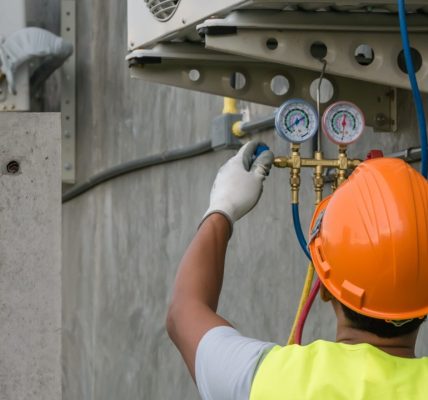Global Positioning System (GPS) technology has revolutionized the way process servers track and monitor their activities in modern times. Gone are the days when process servers had to rely on manual methods of keeping track of their movements and deliveries. With GPS, they can now easily monitor their locations in real-time, ensuring efficient and accurate service delivery.
One of the key roles that GPS plays in modern process server tracking is providing precise location data. By using GPS-enabled devices such as smartphones or dedicated tracking units, process servers can pinpoint their exact locations at any given time. This not only helps them navigate unfamiliar areas but also enables clients to track the progress of their service requests.
Furthermore, GPS technology allows process servers to optimize their routes for maximum efficiency. By analyzing historical location data and traffic patterns, they can plan out the most efficient routes to reach multiple service locations in a timely manner. This not only saves time and fuel costs but also ensures that services are delivered promptly to clients.
In addition to route optimization, GPS tracking also enhances security for both process servers and clients. In case of emergencies or unforeseen events, such as accidents or thefts, GPS technology enables quick response by providing accurate location information to authorities or designated contacts. This added layer of security gives peace of mind to both parties involved in the service delivery process.
Another important role that GPS plays in modern process server tracking is ensuring accountability and transparency. With real-time location updates, clients can verify when and where services were performed by reviewing timestamped GPS data. This level of transparency builds trust between clients and process servers while reducing disputes over service completion.
Moreover, GPS technology allows for better communication between process servers and dispatchers or supervisors. By sharing live location data through centralized platforms or mobile apps, supervisors can effectively manage workloads, assign tasks efficiently, and provide support as needed. This streamlined communication improves overall operational efficiency within a process serving agency.
Overall, the role of GPS in modern process server tracking cannot be overstated. From providing precise location data to optimizing routes for efficiency and enhancing security measures, GPS technology has become an indispensable tool for today’s process serving industry. By embracing this technology-driven approach to tracking and monitoring activities, both clients and process servers stand to benefit from improved service delivery standards and increased operational effectiveness.
In conclusion, it is clear that incorporating GPS into the workflow of a modern-day Process Server is essential for success in today’s fast-paced environment where accuracy matters read more articles than ever before.





